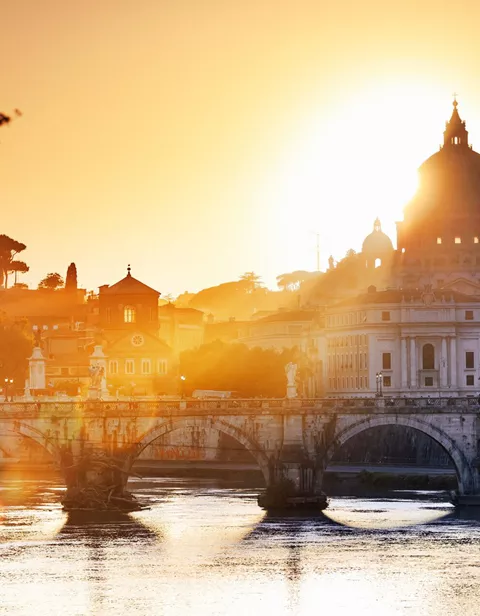"Everything I was hoping for and more!"

“This trip has been 4 years in the planning and I was always interested in touring these regions. So happy I could make it happen this year. The history, architecture, cuisine and people were everything I was hoping for and more! I saw and learned so much about these regions that it has left me wanting more. It was of particular interest learning about the recent struggles in the Balkan war and how they are coming back from a very dark part of their history. It truly is a fascinating region with a blend of so many cultures.”
- Christopher, Balkan Delight




































